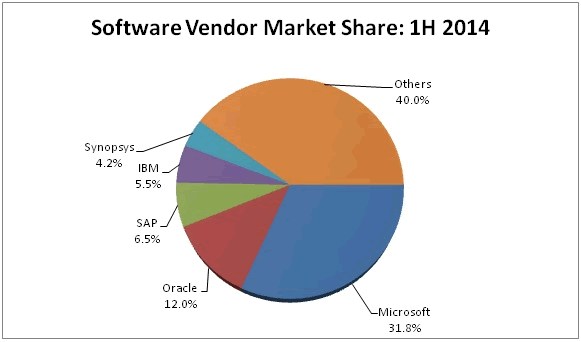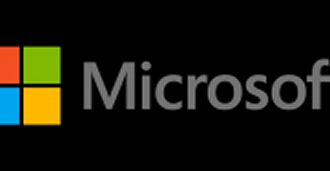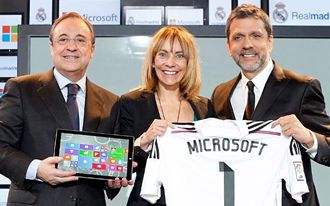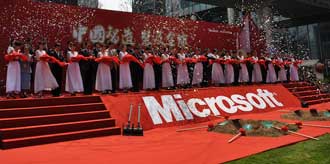 King of consumer toys, Apple is attempting its biggest push into the consumer market, according to Reuters.
King of consumer toys, Apple is attempting its biggest push into the consumer market, according to Reuters.
Reuters claims that Apple is hiring a dedicated sales force just to talk with potential clients like Citigroup.
This is on top of its partnership with IBM to develop apps for corporate clients and sell them on devices, the iPhone maker plans to challenge sector leaders HP, Dell, Oracle and SAP.
Of course no one is saying much in the way of details, Reuters seems to think that the deal with Big Blue will mean that Apple will be welcomed into the corporate world and give HP and Dell a kicking. This will result in the collapse of Microsoft, Samsung and Google’s own efforts in mobile work applications.
Apparently Job’s Mob is working closely with a group of startups, including ServiceMax and PlanGrid, that already specialise in selling apps to corporate America. Apple is already in talks with other mobile enterprise developers to bring them into a more formal partnership.
For example, PlanGrid is a mobile app for construction workers to share and view blueprints. ServiceMax is a mobile app that makes it easy for companies to manage fleets of field service technicians by ensuring they have access to the right information.
ServiceMax, whose existing customers include Procter & Gamble (PG.N) and DuPont, has co-hosted eight dinners with Apple over the past year in locations across the United States. About 25 or 30 chief information officers and “chief service officers” typically show up at these joint marketing and sales events.
But there are huge problems with Reuter’s desire to see Apple in charge of the world. The most obvious is that Apple makes toys it does not make corporate devices. Corporates are obsessed with security, Apple’s iCloud can’t even protect b list celebs from having their naked pictures being hacked.
Tablets were an Apple inspired Fad and any belief that corporates will rush to buy them never really happened. If they are ever adopted by corporates, they will be a low-level function which will require something a lot cheaper than Jobs’ Mob wants to support. Apple really needed BYOD to take off, which it didn’t.
Apple’s success has been due to its cult following, but religion does not work very well when it comes to business. Apple lacks functionality with business systems, corporates also take a dim view of the sort of things that Apple user agreements desire from their followers. Apple is also slow to confirm security flaws, and even slower to fix them. Its insistence on its own security, rather than that of the client also does not sit well with big business.
In short, to get business customers, Apple needs to change its mentality – something historically it has been unable to do. It not only has to deal with the experts in business, such as Microsoft, HP, Dell and SAP, its traditional rivals, such as Samsung are also harbour similar ambitions.
Samsung has confirmed that it is stepping up its efforts to sell devices to large enterprise clients and hired former chief information officer Robin Bienfait to spearhead that effort. It might hit the same experience problems that Apple has, and there is no reason to suspect it will be any more successful.
Apple’s IBM partnership might not be that key to the corporations either. It relies on IBM’s sales team selling Apple projects. IBM has as much experience selling consumer products as Apple has selling into business. Jobs’ Mob also has no clue about business software, which is the key to getting into the business market — for decades its networking technology has been the weak point of the few Apple installations in corporates.
Apple appears to hope that if it can hook the client on the software and content, they will keep them coming back for the hardware. However, that simply does not work in the corporates. Hell, Microsoft was unable to get corporates to upgrade to Windows 7 because they could not see a need. What chance does Apple’s business model have against that attitude?
 The accession to power by the “business friendly” BJP party in India has resulted in the software market starting to grow again.
The accession to power by the “business friendly” BJP party in India has resulted in the software market starting to grow again.




















